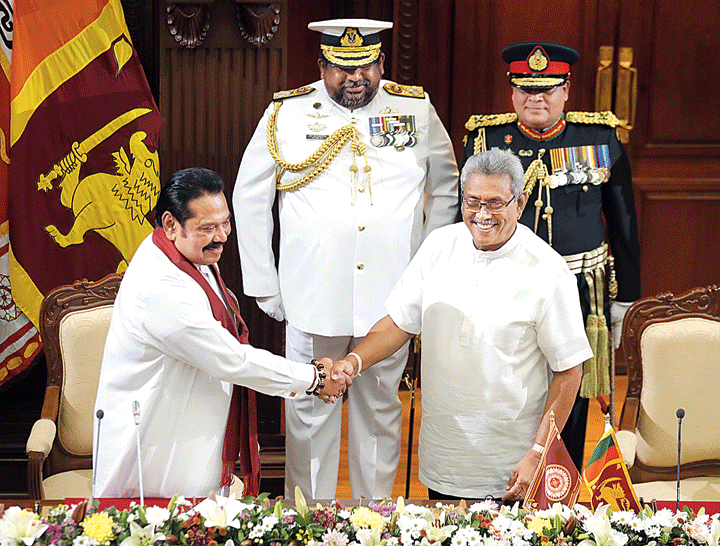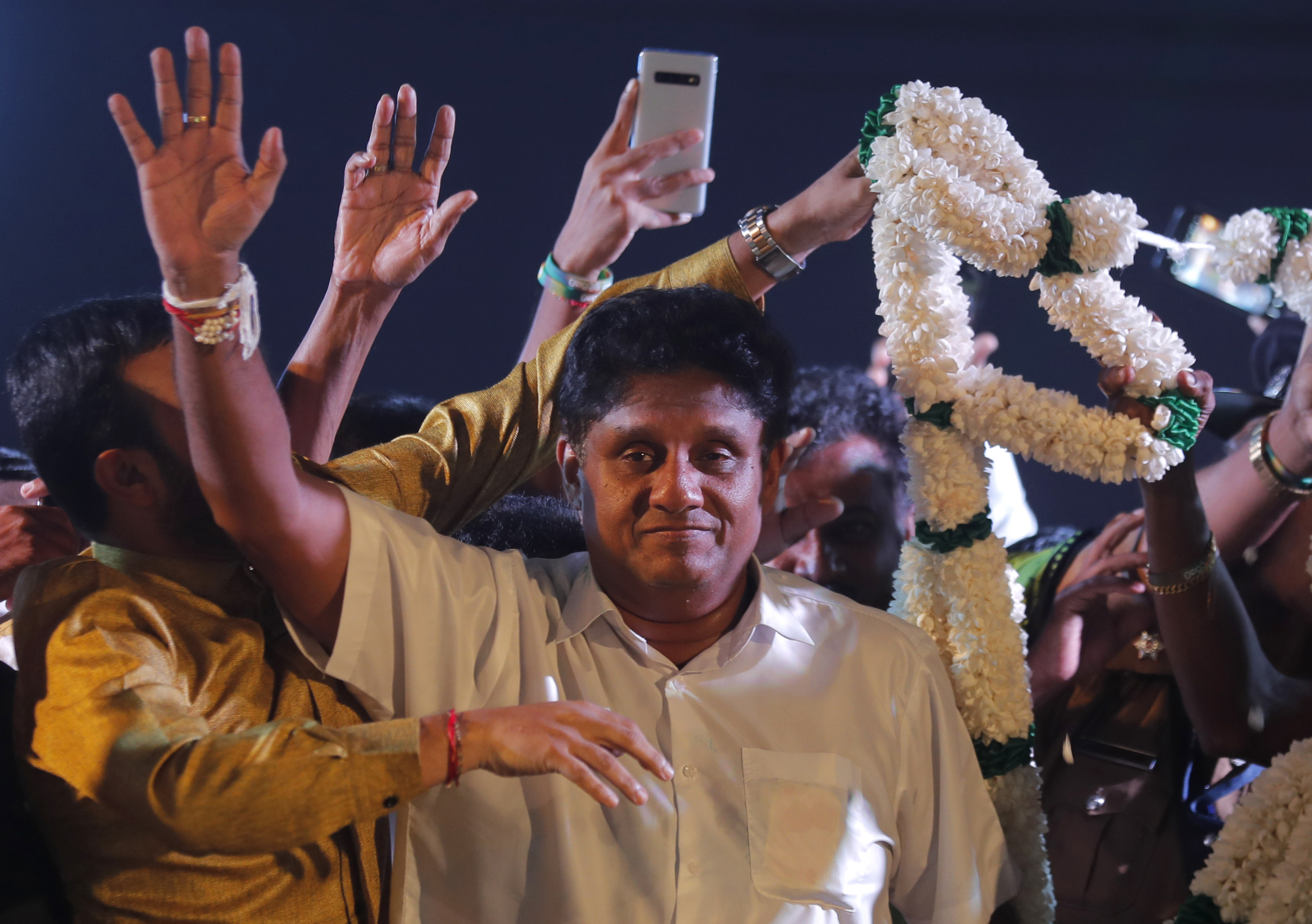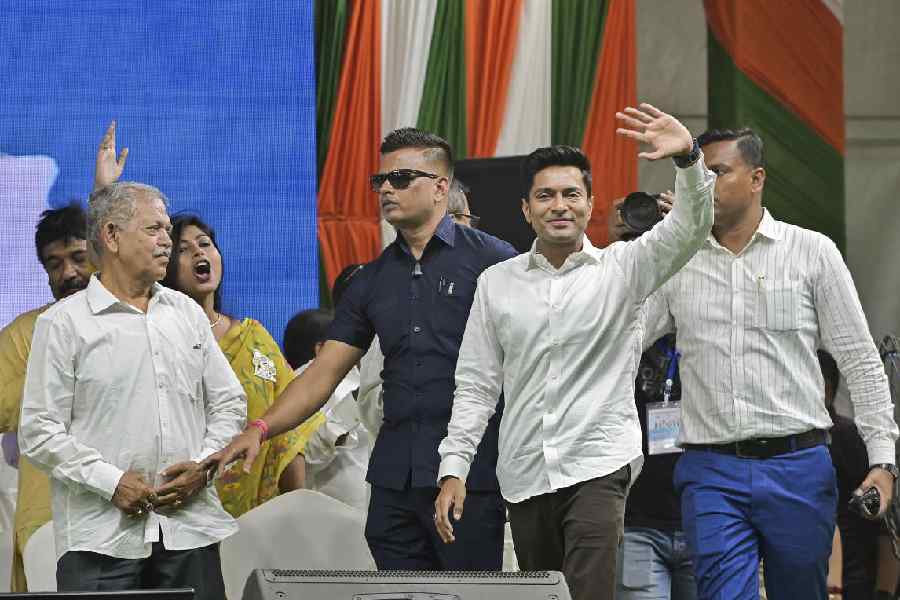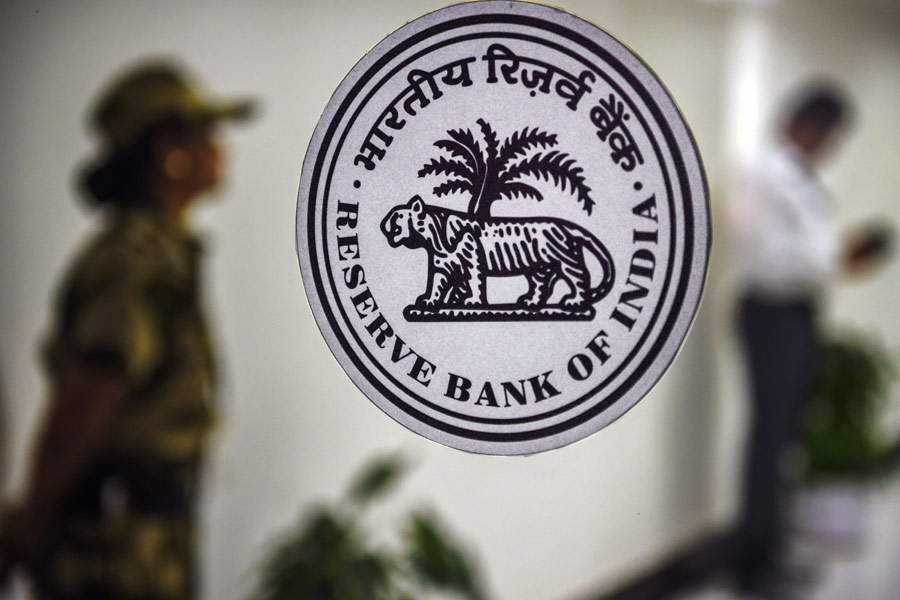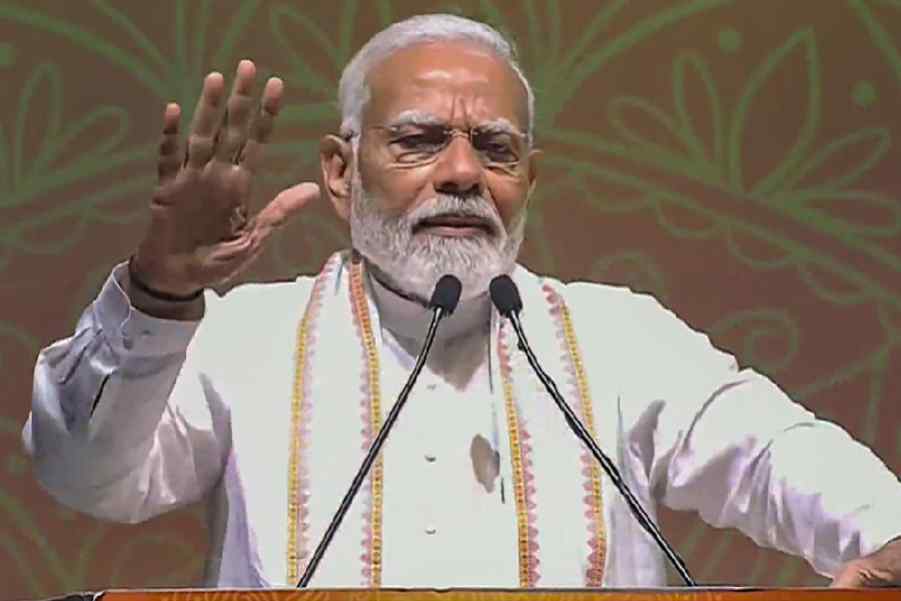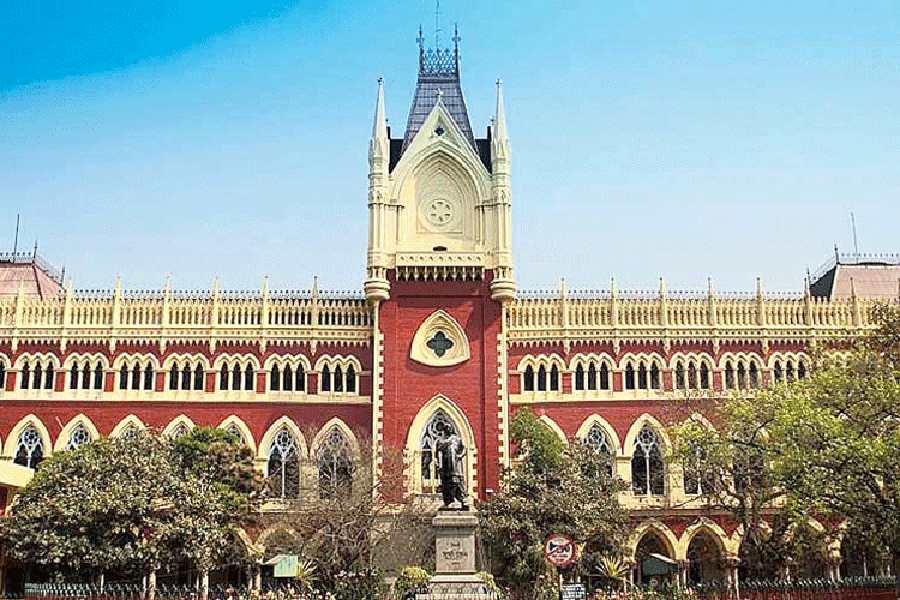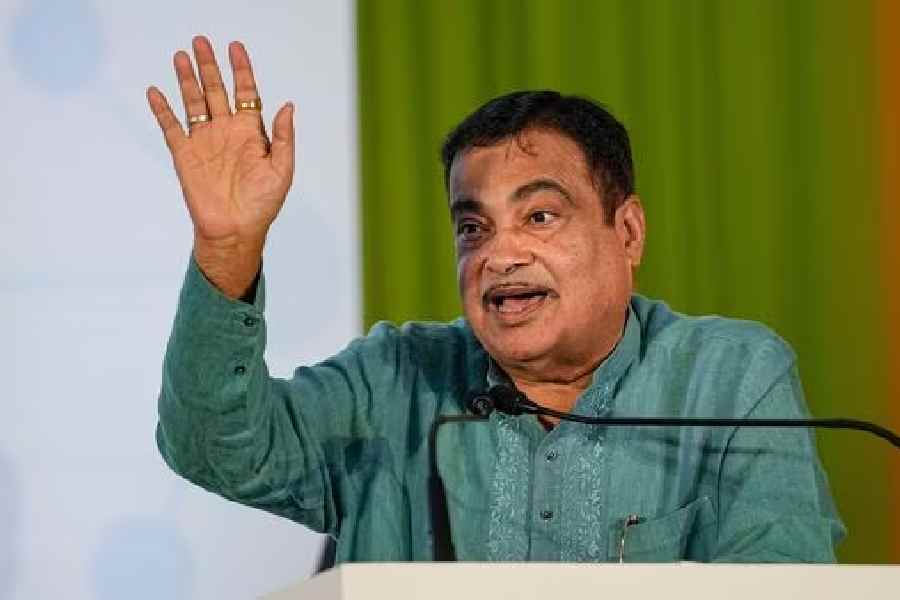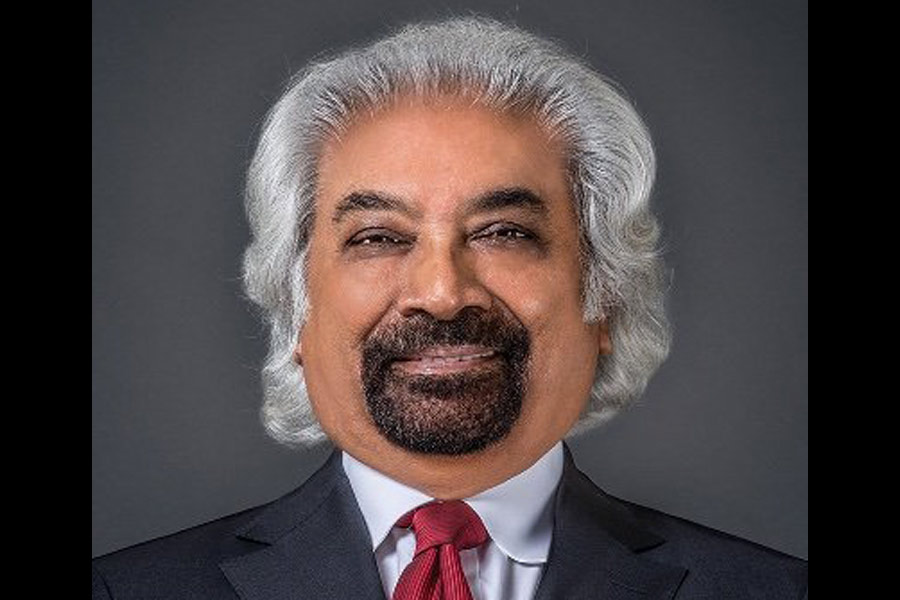If anything, New Delhi has been quick off the blocks to woo the new Sri Lankan administration. The prime minister, Narendra Modi, was the first world leader to call President-elect Gotabaya Rajapaksa. A day into his five-year term, Rajapaksa held his first bilateral meeting with S. Jaishankar, the Indian external affairs minister.
Less than a fortnight into his term, Rajapaksa will undertake his first overseas visit to New Delhi following an invitation from Modi that was delivered by Jaishankar.
All this could be business-as-usual for the regional power, India, dealing with Sri Lanka with whom it has had historical ties, sometimes fraught and on other occasions complementary. Not so any longer, given the events of the last five years.
When Rajapaksa’s older brother, Mahinda, lost the presidency in 2015, he had accused India of meddling in the elections, going as far as to suggest that the Indian Mission in downtown Colombo played a crucial role in influencing his one-time cabinet-minister-turned-rival, Maithripala Sirisena, to successfully challenge what was till then a firm hold on power.
In the last year, that icy relationship has thawed considerably. In September 2018, Rajapaksa Senior had met Modi in New Delhi. Soon after the meeting, diplomatic circles in Colombo read the renewed dialogue as a signal that India was at least not going to scuttle any comeback move by Rajapaksa.
Now that the Rajapaksas are back in the apex power position in Colombo, New Delhi’s calculations seem to have paid off, at least for the time being.
India’s biggest worry in Sri Lanka is the ever-growing Chinese footprint. Since the end of the war in 2009, China has emerged as Sri Lanka’s largest lender. Borrowings, loans and grants from China account for as much as $11 billion. In 2017, a Chinese State-owned company wrote off $1 billion in debt to gain a 99-year controlling lease of the strategic Hambantota harbour in the south.
That trend is likely to continue, according to S. Keethaponcalan, a Sri Lankan researcher at the Salisbury University. “Under Gotabaya, Sri Lanka will again move closer to China. Chinese development assistance could become crucial for the development agenda of the new government,” he said.
But as events in the first few days of his presidency have shown, the new president will also be keen to maintain cordial ties with the northern neighbour.
“The selection of the venue for the new president’s first visit as New Delhi is perhaps the signal that the new government will adopt a pro-China policy while accommodating Indian concerns,” Keethaponcalan said. Right on top of India’s concerns would be the possible military usage of assets in Sri Lanka by China.
In the year before Mahinda Rajapaksa’s defeat, Chinese submarines appeared in the Colombo port, not once but twice, much to India’s ire. A repetition of that is probably a remote possibility anytime soon.
Unlike in the past, Sri Lanka’s China tilt is unlikely to be counterbalanced through Western pressure. The administration in the United States of America is expected to be at least conciliatory towards the incoming government in Sri Lanka.
On the home front, Rajapaksa is faced with a dilemma on a national scale. While he was the overwhelming candidate of choice for the majority Sinhala community, the minorities voted for Sajith Premadasa in equally large numbers, but not decisive majorities. This is something that the new president acknowledged just minutes into his first national address. “While I knew that it is possible to emerge victorious with the sole backing of the Sinhala community, I appealed to the Tamil and Muslim communities too to become partners of that victory. However, the response to this appeal was not satisfactory to the level I expected.”
What Rajapaksa has been handed is a deeply divided country, probably more fractured and fraught than at the height of the 30-year civil war that he was instrumental in ending in 2009.
As his victory was becoming clearer, social media in Sri Lanka appeared to be springing racist vitriol leaks all over.
First, it was aimed at the Tamil and Muslim minorities for voting for Premadasa, who is, in fact, Sinhala Buddhist. They were compared to the separatist Tamil Tigers and one meme even superimposed Premadasa’s face on to the body of Velupillai Prabhakaran, complete with the Tiger emblem.
Majority Sinhalese were also not spared. When Negombo, a predominantly Catholic constituency south of the capital, Colombo, also voted for Premadasa, an aberration in Sinhala areas, the venom was directed at the town.
Most of the remarks alluded to the suicide attack in St Sebastian’s Church on Easter Sunday that killed over 100 worshippers, located nearby but just outside Negombo’s electoral boundaries. Some of the worst remarks were those that said Negombo had not been bombed enough or should be bombed yet again.
Rajapaksa is someone who is known to revel in his Sinhala Buddhist heritage. The location he chose to be sworn in was symbolic of that.
“I am extremely fortunate to address you from the Sacred Precincts of the Ruwanweli Maha Seya in Anuradhapura, which enshrines the Sacred Relics of the Buddha. I have received the opportunity of addressing the nation before the statue of great Warrior King Dutugemunu due to the historic mandate given to me by the majority of citizens.”
Keethaponcalan feels that the highest priority of the new administration would be national security. The Easter Attacks shocked the island and the Maithripala Sirisena-led government was laid bare by its glaring intelligence failures. While Sirisena and his prime minister, Ranil Wickremesinghe, blamed each other, the Rajapaksa campaign triumphed on its insistence that the war-time defence secretary was the right man to make the nation feel safe again.
“Sri Lanka will become a security state, tacitly or explicitly,” Keethaponcalan said.
He also feels that issues like rights stemming from the war years are unlikely to gain any traction.“Reconciliation will become the burden of the minorities.”
The author is a Sri Lankan journalist and media academic


